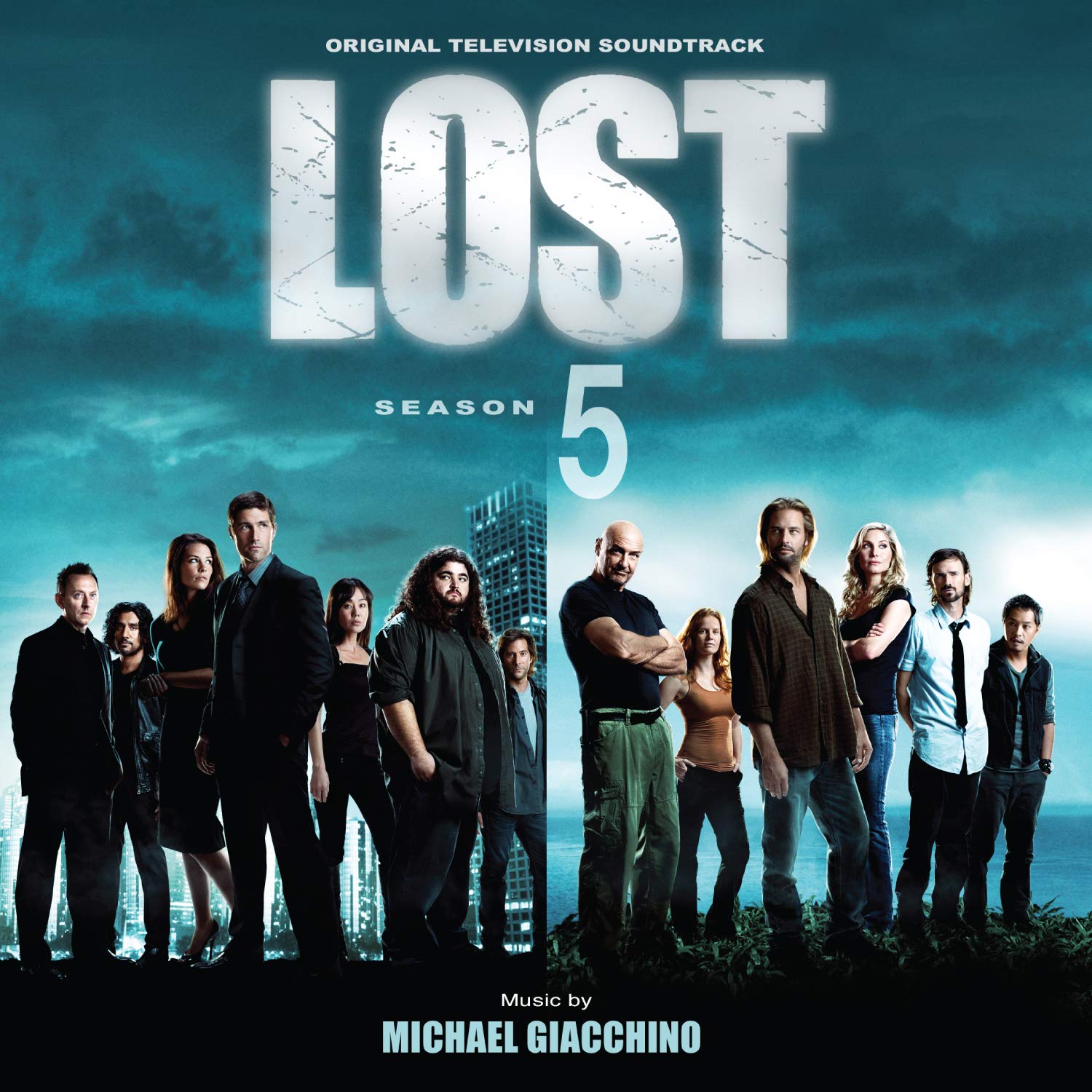Composed by Michael Giacchino
After releasing music from only the first three quarters of Lost’s final season, Varese Sarabande quickly followed up with the last album. The Last Episodes album also contains two discs. The first contains an hour of material from the three pre-finale episodes, while the second is a full disc that focuses on the series finale itself. This album is a wonderful capstone to ten discs of music. It gets all of the major themes and motifs together for a rousing finale while still introducing a couple new melodies. I’ve already discussed my general feelings on the last season in my last review but I will reiterate that the last episodes of Lost contain a lot of engrossing material, but also a few unfortunate issues that are common throughout the finales of serialized television shows, especially in the realm of sci-fi and fantasy. Of course, regardless of any of the episodes’ quality, Giacchino delivers perhaps his best work.
Before getting into a fuller rundown, I’ll quickly review each section of the soundtrack. The first comes for “The Candidate,” one of my favorite episodes of the last season. It’s an action-packed episode full of gunfights and ticking time elements. As a result Giacchino really lets loose with this one, right out of the gate in “Cage Crashers.” There are a couple emotional pieces from the flash-sideways in “Shephard’s Why” and “Flew the Coop,” but the music from the episode is mostly concentrated into two lengthy action cues: “Sub-Primed” and SS Lost-Tanic.” Continue reading






